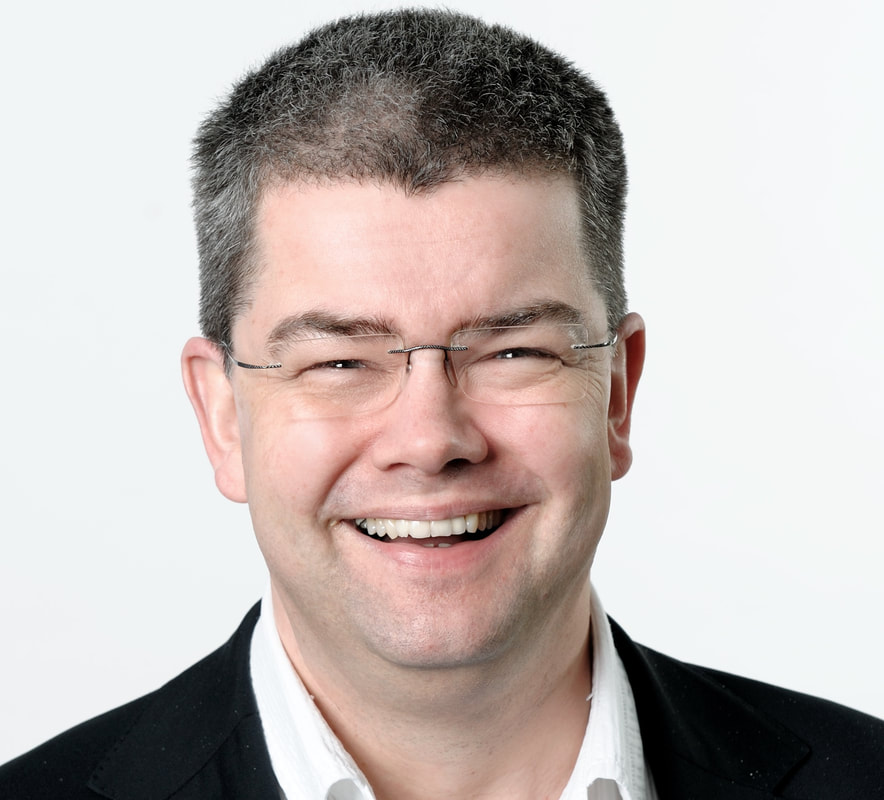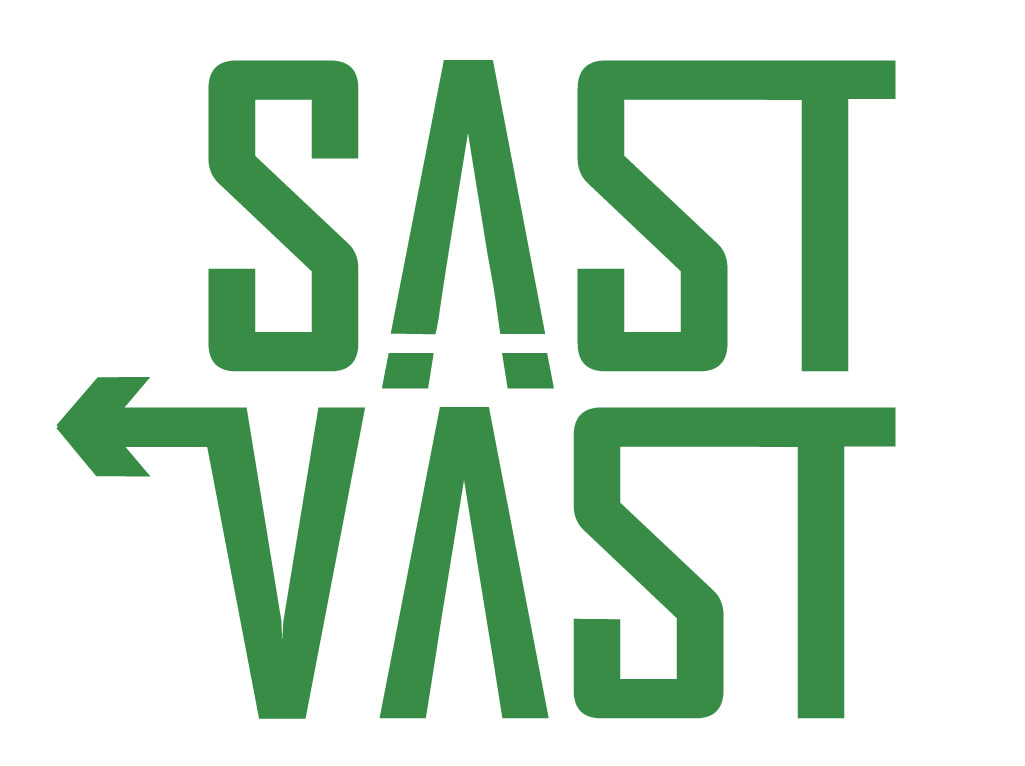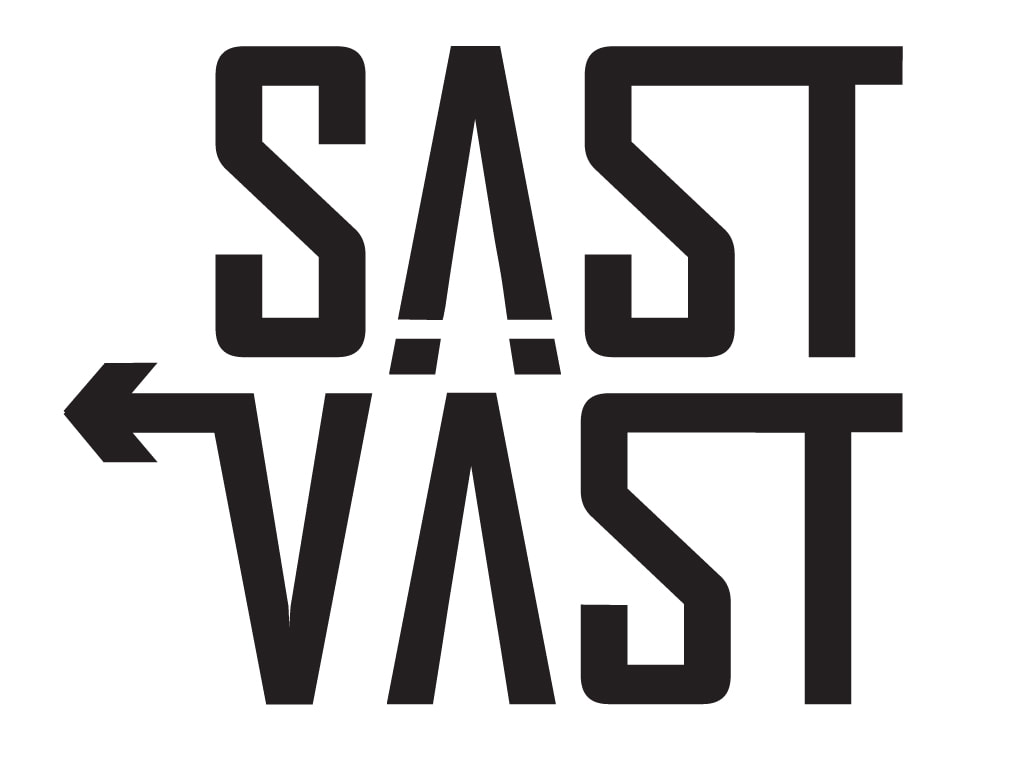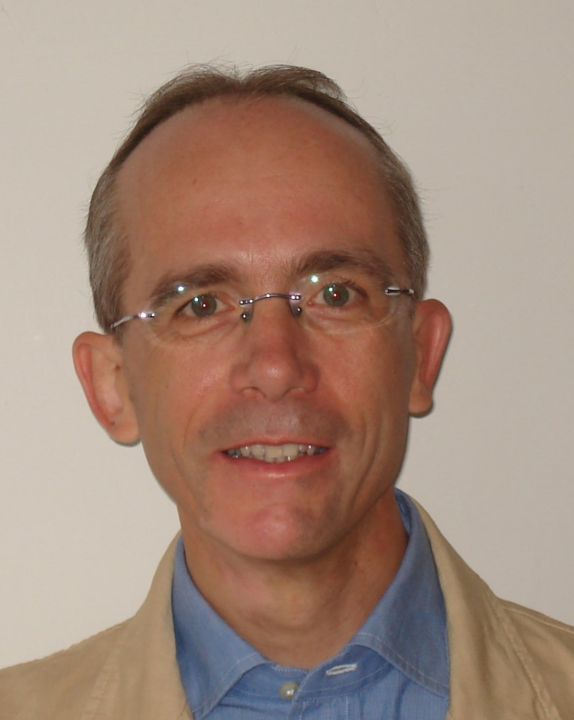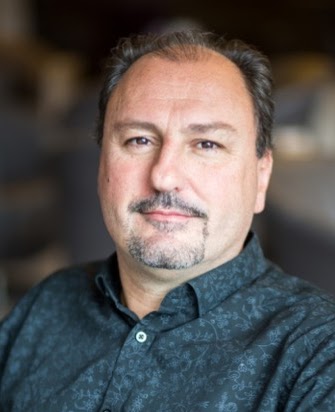Talarpresentationer / Information about speakers
09.00 - 10.00 Language-Based Software Testing
|
10.00-11.00 Transforming Volvo Cars -from fossil dinosaur to digital product
|
11.00-12.00 Transforming Volvo Cars software testing- from unstructured to structured
|
13.10-14.00 Do we need new testing techniques for systems that include deep learning components? - Professor Paolo TonellaDeep neural networks are increasingly adopted in safety and business critical domains, such as autonomous driving, financial trading and medical diagnosis. Hence, their dependability and reliability are major concerns, which cannot be addressed by resorting to well established software testing and verification practices. In fact, the root cause of inadequate behaviours of deep learning based systems is quite different from traditional software faults. The approach to handle and resolve such issues deviates also quite substantially from traditional software engineering practices.
In this talk, I will discuss the nature of deep learning faults, presenting a fault taxonomy obtained from multiple sources, such as software repository and forum mining, as well as interviews with developers. Then, I will consider the assessment of the quality of deep learning systems, introducing the notion of frontier of behaviours. Finally, I will describe a technique for misbehaviour prediction that aims at anticipating and preventing failures of such systems. Professor Paolo TonellaPaolo Tonella is Full Professor at the Faculty of Informatics and at the Software Institute of Università della Svizzera Italiana (USI) in Lugano, Switzerland. He is Honorary Professor at University College London, UK and he is Affiliated Fellow of Fondazione Bruno Kessler, Trento, Italy, where he has been Head of Software Engineering until mid 2018. Paolo Tonella holds an ERC Advanced grant as Principal Investigator of the project PRECRIME.
Paolo Tonella wrote over 150 peer reviewed conference papers and over 50 journal papers. His H-index (according to Google scholar) is 57. He is/was in the editorial board of the ACM Transactions on Software Engineering and Methodology, of the IEEE Transactions on Software Engineering, of Empirical Software Engineering, Springer, and of the Journal of Software: Evolution and Process, Wiley. His current research interests are in software testing, in particular approaches to ensure the dependability of machine learning based systems, automated testing of web applications, and test oracle inference and improvement. |
14.00-15.00 Asking powerful questions - Workshop held by QualityMinds ABAsking questions is among the most important skills a tester can possess. Asking powerful questions and reflecting on the answer is often very tricky and nothing that is tought in school. In this workshop you will learn more about asking questions and analyzing the answer(s), by playing an educational game.
After this workshop you will have more tools and knowledge in how to questioning your surrounding and improve your questioning, whether it is questioning your SUT or want information form your colleague. No prerequisites necessary and no preparations needed. Depending on the attendees, the smaller groups talk could be in Swedish or English. Max number of attendees are 75 persons. Zoom link: https://zoom.us/j/96897609533
|
15.00-16.00 Effective Use of AI in Automated Software Testing: Practicality and Scalability Benefits
|

